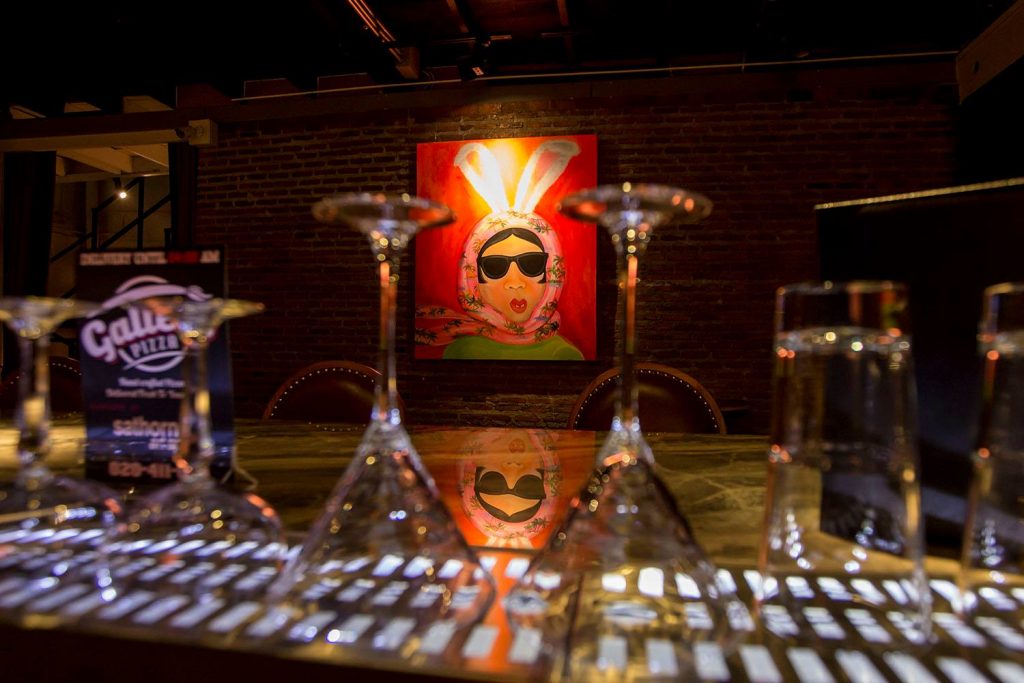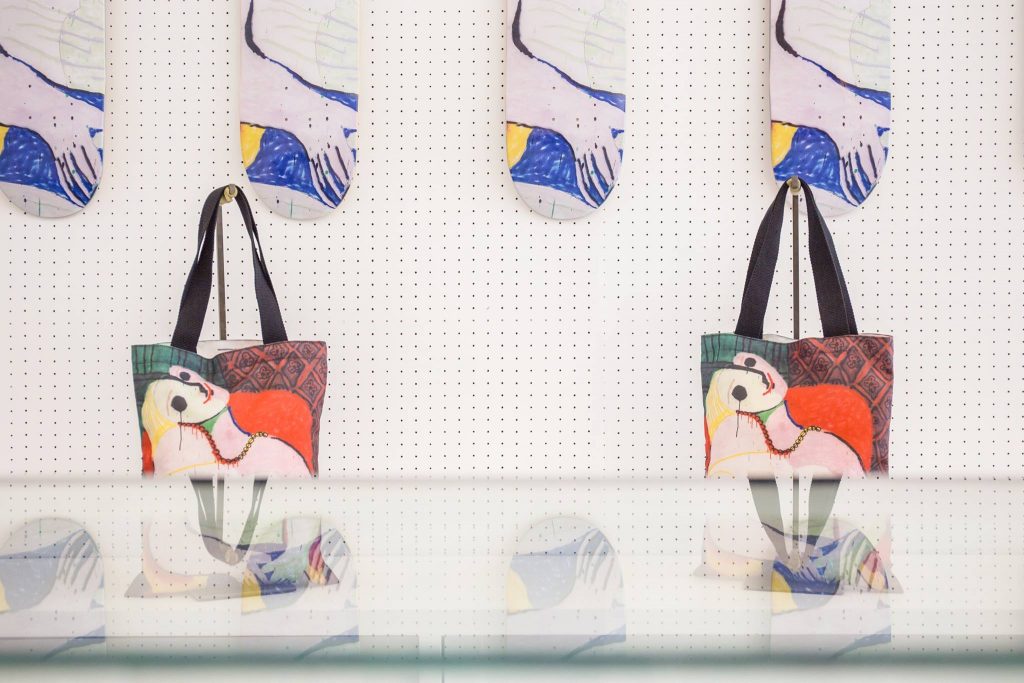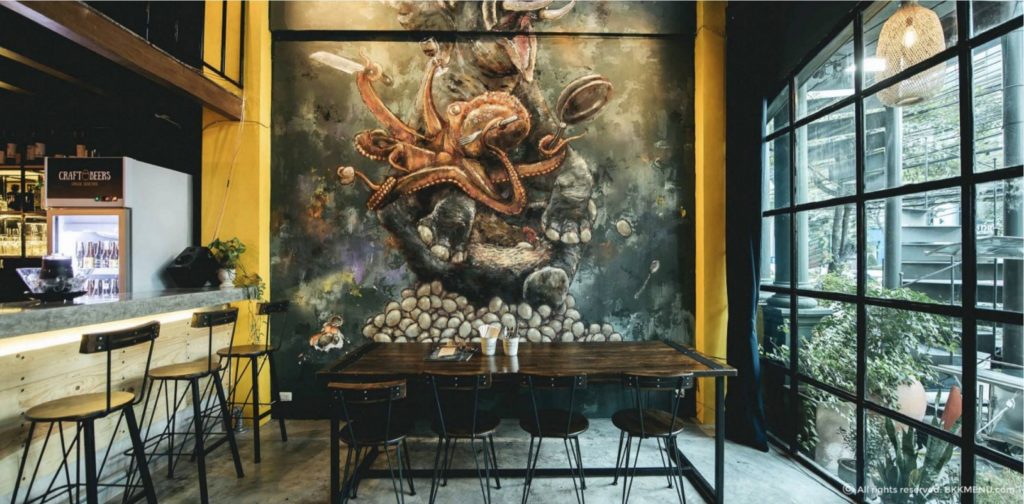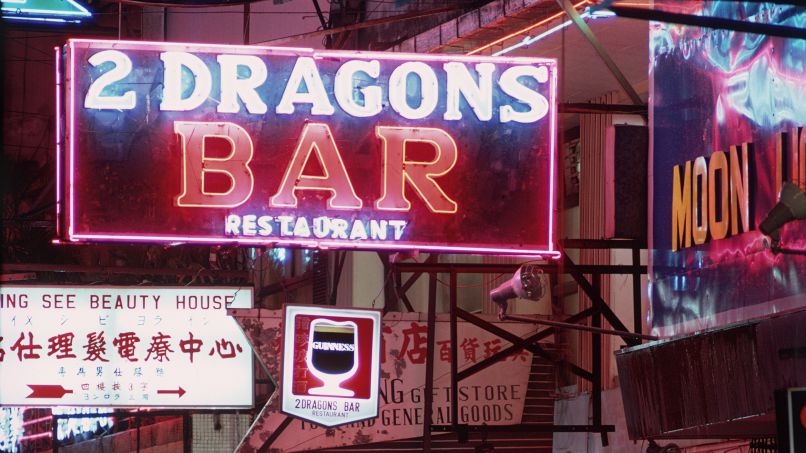
Kylie Jenner’s car collection is fast and furious
By Kankanit Wichiantanon Sep 09, 2018 | 2 min read

5 karaoke bars you need to check out in Bangkok
By Kankanit Wichiantanon Sep 07, 2018 | 4 min read

5 cool things to do in Bangkok this September
By Kankanit Wichiantanon Aug 31, 2018 | 4 min read

Sak Yant tattoos and the meaning behind the Thai skin art
By Kankanit Wichiantanon Aug 28, 2018 | 1 min read

10 newly added Netflix movies and shows to binge-watch this August
By Kankanit Wichiantanon Aug 08, 2018 | 9 min read

5 most happening multi-purpose art spaces in Bangkok to check out now
By Kankanit Wichiantanon Jun 02, 2018 | 4 min read

6 art events to check out in Bangkok: May–July 2018
By Kankanit Wichiantanon May 27, 2018 | 1 min read

5 Instagram accounts that will make you love Bangkok
By Chanya Ormtavesub Apr 26, 2018 | 2 min read

Spotted: 5 best Instagram-worthy places in Bangkok
By Chanya Ormtavesub Apr 19, 2018 | 4 min read

What to do in Bangkok this April
By Chanya Ormtavesub Mar 30, 2018 | 1 min read

Neighbourhood guide: Everything you need to know about Thonglor
By Chanya Ormtavesub Mar 30, 2018 | 6 min read

Neighbourhood guide: Everything you need to know about Sathorn
By Pearl Yan Mar 16, 2018 | 9 min read

What to do in Bangkok this March
By Pearl Yan Mar 02, 2018 | 1 min read

What to do in Bangkok this December
By Chanya Ormtavesub Dec 06, 2017 | 1 min read

10 must-see exhibitions in Hong Kong this November
By Evelyn Lok Nov 02, 2017 | 1 min read

7 must-see art exhibitions in Bangkok this August
By Rachel Kwok Aug 03, 2017 | 4 min read

Check out these independent movie theatres in Bangkok
By Jon Russell May 29, 2017 | 3 min read
